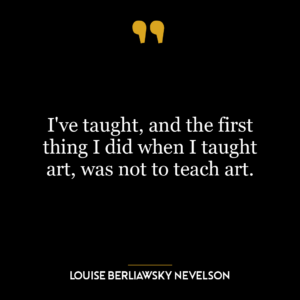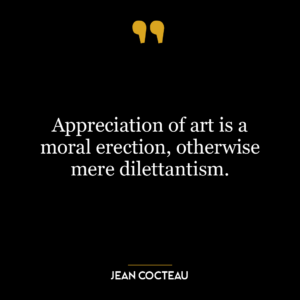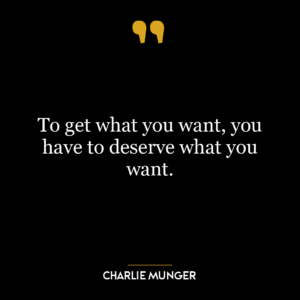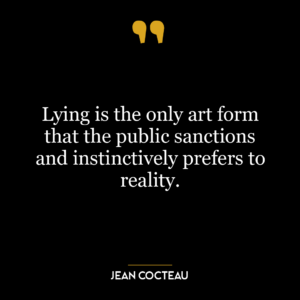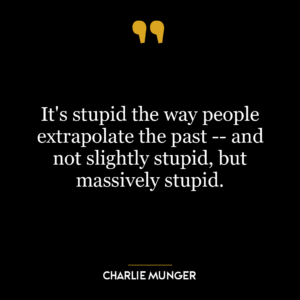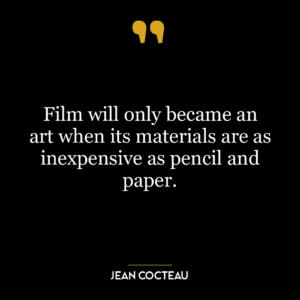This quote, “The less I have, the freer I am to do whatever I want to do,” suggests that having fewer possessions, obligations, or commitments can lead to a greater sense of freedom. It implies that when we are not tied down by material possessions or obligations, we have more time, energy, and resources to pursue our passions and interests.
From a philosophical perspective, it echoes the principles of minimalism and stoicism. Minimalism advocates for living with less and finding happiness in simplicity, while stoicism teaches the practice of self-control and detachment from material desires to achieve inner peace.
In today’s consumerist society, we are often led to believe that happiness and freedom come from having more – more money, more possessions, more success. However, this quote challenges this notion and proposes that true freedom comes from having less. This is because when we have less, we have fewer things to worry about, fewer distractions, and fewer things tying us down.
In terms of personal development, this idea can be applied in a variety of ways. For example, by decluttering our physical space, we can create a more peaceful and focused environment for ourselves. By reducing our commitments and obligations, we can free up more time for activities that truly bring us joy and fulfillment. On a deeper level, by letting go of our attachment to material possessions and external validation, we can cultivate a sense of inner peace and contentment.
Moreover, the concept can also be applied to our mental and emotional lives. By letting go of negative thoughts, toxic relationships, and unhealthy habits, we can free ourselves to pursue personal growth and happiness.
In essence, this quote encourages us to redefine our understanding of freedom. It suggests that freedom is not about having the ability to acquire more, but the ability to let go and live with less. It’s a powerful reminder that sometimes, less truly is more.











